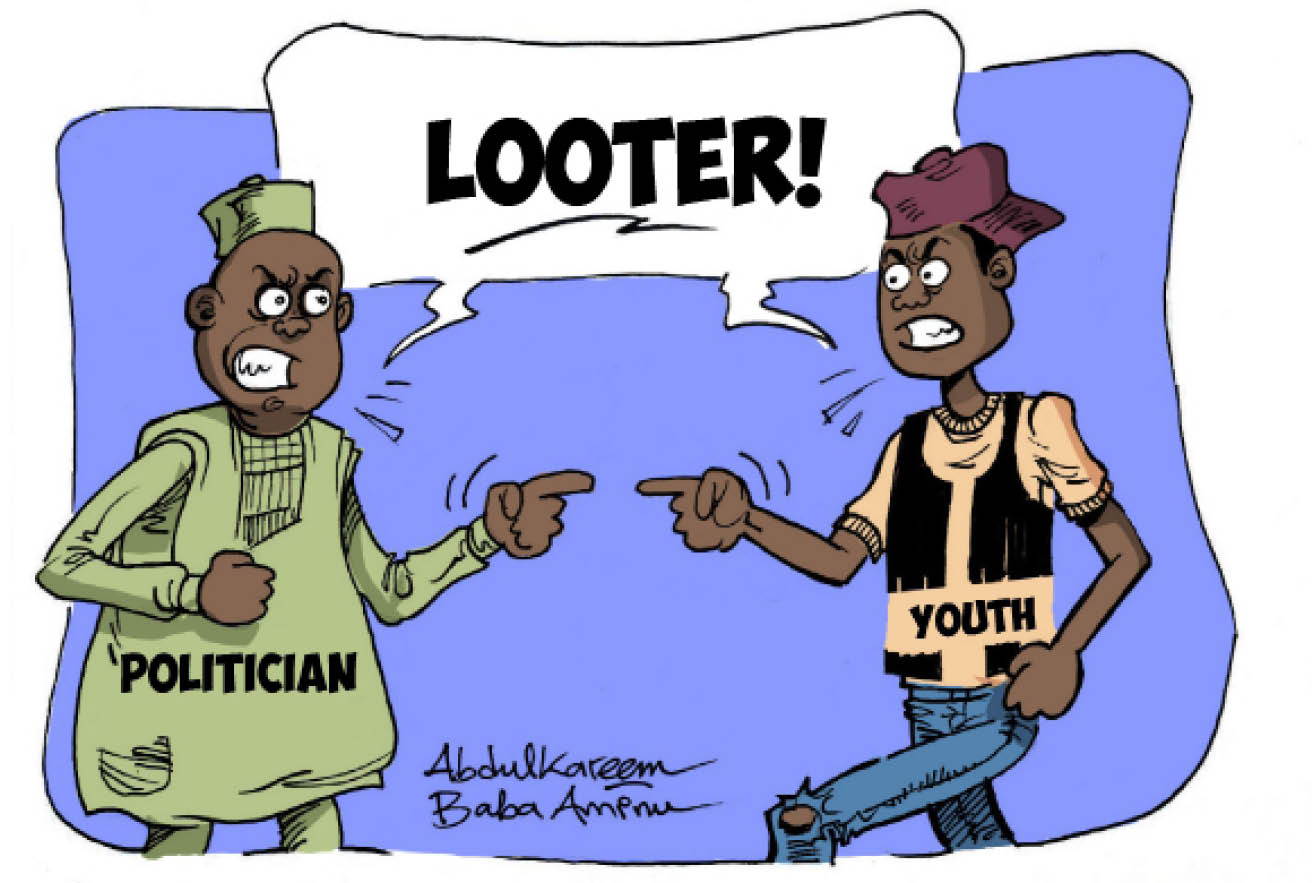I read yesterday that the National Assembly had amended the N819.5 billion 2022 supplementary budget and approved N70 billion to “support the working conditions” of new lawmakers, and I paused. I continued, noting with piqued interest that the amendment also made provision for N500 billion in palliatives for Nigerians “to cushion the effects of fuel subsidy removal”. I paused at that, too. But what gave me true cause for pause is probably the speed with which it was passed in both the Senate and House of Reps – a dizzying 24-hour approval – after President Bola Ahmed Tinubu sent the request. Of course Nigerians, online and in real-life, began to buzz about the meaning of it all.
I am sure I will be forgiven by even the staunchest of grammarians to say that the word ‘palliatives’ has become a truly dirty one in the Nigerian context. It can be found smack in the middle of the ‘palliative riots’, in reference to incidents that occurred during the COVID-19 pandemic, when citizens protested violently due to perceived mishandling or misappropriation of relief materials or, ahem, palliatives intended to alleviate the economic impact of the pandemic. The relief materials, including food items, cash transfers, and other essential supplies, were allegedly not reaching the intended beneficiaries in a timely manner, leading to incidents of protests, unrest, and looting almost nationwide.
People took to the streets to express their dissatisfaction with the government’s handling of the situation and demanded better transparency, accountability, and equitable distribution of the relief materials. Some protests escalated quite badly, and there is no need to repeat them here, as the government then responded by deploying security forces to restore order and protect public property. Investigations were launched to determine the causes of the mishandling of the relief materials, but I cannot say if the results have been made public. Even the meaning of ‘looter’ became loose, as evidenced by this piece’s accompanying illustration, a cartoon from that time.
Following the incidents, the government pledged to improve transparency and accountability in the distribution of relief materials, helping to calm down frayed nerves. The lesson, I hoped then, had been learnt. But it appears that I am wrong. That is because even if the breakdown of the amended N819.5 billion supplementary budget shows that N500 billion goes for “palliatives” to cushion the effect of recent fuel subsidy removal, and that it will be domiciled in the finance ministry, there is no further transparency as to the way it will be disbursed. Already, online analysts have begun to break down just how much one Nigerian can get, with figures as laughable as the attempt itself. The question to ask is why is the government putting itself in such a position? Yes, our beloved nation is not easy to govern. But there are far too many mistakes made in the past, and gleaning examples from them in order to avoid more missteps should not be very difficult.
- Smuggling has drastically reduced after removal of subsidy – Customs
- NDLEA intercepts 64,863kg ‘laughing gas’ consignments from China, nabs suspects
Back to the amendment: The sum of N19.2 billion was allocated to the Ministry of Agriculture to ameliorate the massive destruction to farmlands across the country during the flooding experienced last year; N35 billion to National Judicial Council, and N10 billion to Federal Capital Territory Administration for critical projects. But the one that got my proverbial goat – and quite obviously the goats of many other Nigerians – has got to be the N70 billion “for the National Assembly to support the working conditions of new members.” Of course CSOs will scream that it is outrageous, because it is. Opposition will bellow that it is ridiculous, and it is. I, myself, think it is unrealistic, and it is.
To worsen matters, the Deputy Speaker of the House of Reps, Benjamin Kalu, reportedly said the N70 billion allocated for the National Assembly was for the infrastructure of the parliament, not lawmakers. Even the defense that Senate spokesman Yemi Adaramodu gave – that the N70 billion was not a new allocation because it had been part of the 2022 supplementary budget – is very weak. But I digress. The issue here is that a smarter and more sensible way of doing things needs to rule the day.
We cannot afford to operate government and whatever passes for governance in these climes like we have been doing in the past. When a move – whatever its raison d’être – appears to favour only the high, the mighty, and the powerful, then there is a big problem afoot, and the leadership should pause, very much like I did when I read about the lawmakers and their N70 billion. The word ‘palliative’, as dirty a word as it has become in the Nigerian lexicon, should be rested, a new word replacing it, as well as the ideology behind it. I vote for ‘common sense’.

 Join Daily Trust WhatsApp Community For Quick Access To News and Happenings Around You.
Join Daily Trust WhatsApp Community For Quick Access To News and Happenings Around You.

